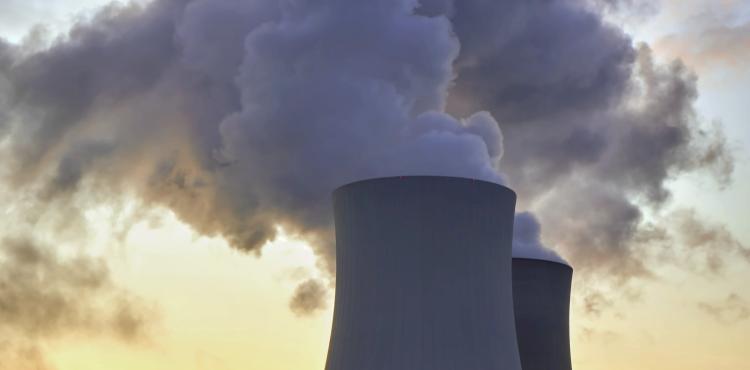
Stop persistent organic pollutants. With the approval by Parliament of the Law of 12 July 2022, Italy has ratified its accession to the Stockholm Convention, thereby committing itself to minimising emissions into the atmosphere of persistent organic pollutants (Pops), intentional and unintentional, and their releases into water and soil, through a series of actions ranging from the prohibition of production and use, to the prohibition of import and export, with particular reference to a long list of substances referred to in the Convention.
Persistent organic pollutants (Pops) are organic compounds that are toxic, poorly biodegradable, and can accumulate in human and animal tissues. Pops also spread far away from the emission source, especially through the atmosphere and through the food chain, causing damage to human health and the environment.
In addition to efforts to reduce emissions, Parties of the Convention committed themselves to monitor and progressively reduce the unintended emissions of Pops generated in the combustion processes of industrial and civil activities, including dioxins, furans, polychlorinated biphenyls, naphthalenes, hexachlorobenzene, hexachlorobutadiene and pentachlorobenzene.
Within two years of the entry into force of the law, the Ministry of Ecological Transition will adopt, in agreement with the Ministries of Economic Development, Agriculture, Health and Infrastructure, a National Action Plan to reduce Pops emissions.
For the adoption of this Plan, the Ministry of Transition will use the technical and scientific support of ISPRA. In addition to acting as the competent national authority and contact point for the exchange of information with other countries and the Convention Secretariat, the Ministry of Ecological Transition will promote initiatives to raise awareness and disseminate information on Pops, developing methodologies for estimating the annual quantities of Pops emitted or issued annually in the environment.